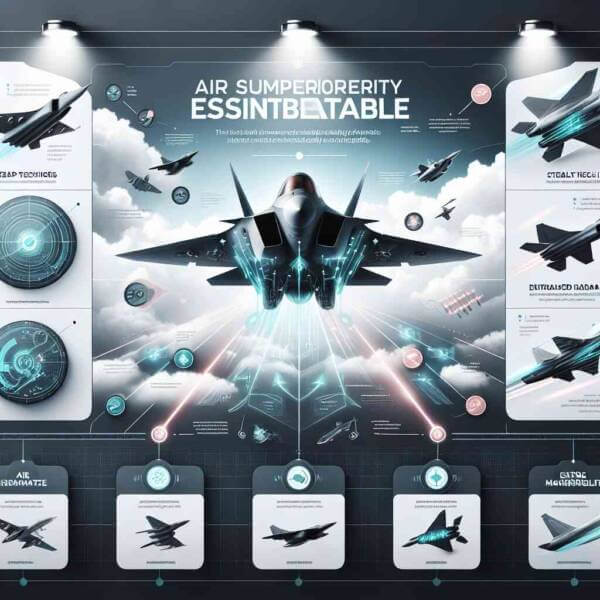
Military aviation is a cornerstone of modern defense strategies around the world.
Nations invest heavily in military aviation to maintain superiority.
History of Military Aviation
Military aviation started during World War I, with aircraft initially used for reconnaissance.
Major milestones in military aviation history include:
- The introduction of fighter planes and bombers
- World War II advancements
- The Cold War era
- Remote operations changing the face of conflict
Each era brought innovative strategies that expanded aerial warfare.
Main Categories of Military Aviation
Understanding the types of military aircraft helps in appreciating the complexity of modern air forces.
Common categories of military aircraft are:
- Planes built for speed and agility
- Planes that deliver heavy payloads
- Planes used to move troops and equipment
- Reconnaissance and surveillance drones
Each type plays a key part in military operations, from striking enemy targets.
Importance of Air Superiority
Controlling the skies limits enemy movements.
Benefits of air superiority include:
- Reducing enemy effectiveness
- Targeting infrastructure and logistics
- Gathering critical intelligence
- Demonstrating power and deterrence
Nations with strong military aviation capabilities can shape outcomes.
The Next Generation of Military Aircraft
Constant research and development push boundaries for future warfare.
Cutting-edge developments:
- Stealth technology
- get more info Missiles and aircraft traveling at speeds greater than Mach 5
- Artificial intelligence-driven missions
- Laser and electromagnetic systems
These advancements expand mission possibilities for air forces worldwide.
Obstacles Facing the Industry
Despite technological superiority, military aviation faces complex problems.
Pressing issues in military aviation:
- Rising development and maintenance costs
- Need for constant upgrades
- Securing digital communications and data
- Questions about accountability and control
Addressing these challenges is necessary for effective defense strategies.
Future of Military Aviation
The future of military aviation promises radical innovations.
Future trends may include:
- Greater integration of artificial intelligence
- Military satellites and space-based weapons
- Eco-friendly military aircraft
- Joint defense projects
The next era of military aviation will shape the future of global security.
The Enduring Power of Military Air Forces
Military aviation remains a decisive factor in global defense.
As technology continues to evolve, the skies will remain a frontline of innovation where military aviation shapes the world order.
The future of military aviation is limitless — and it’s only just beginning.